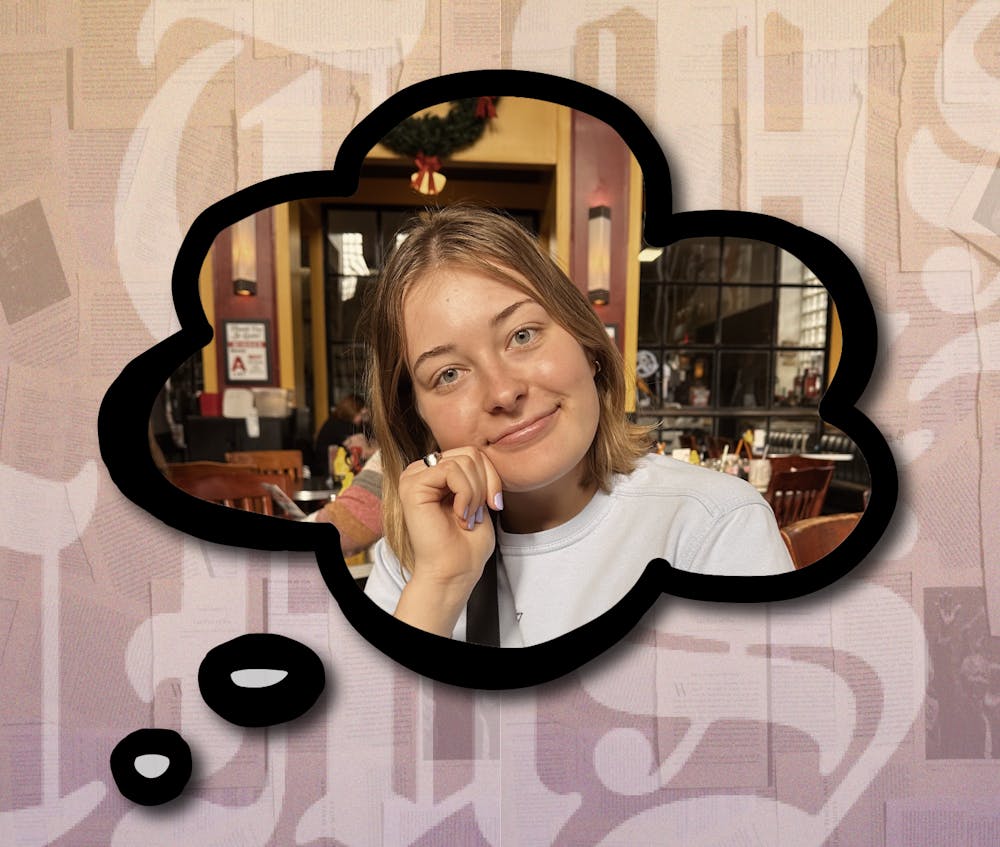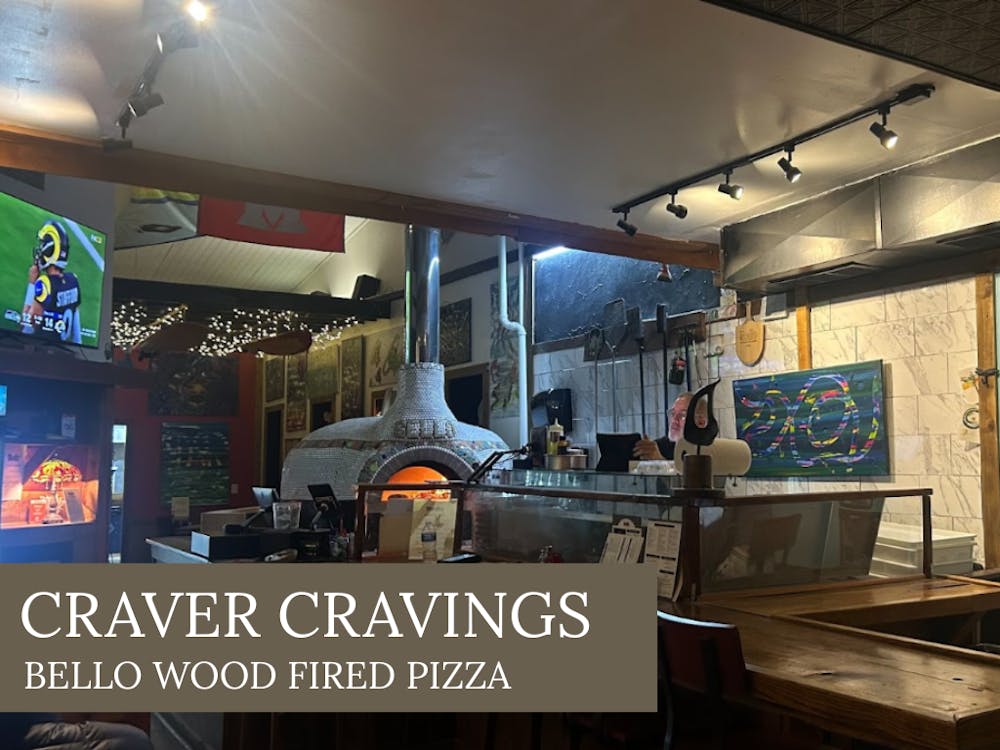“You have an eating disorder” is the first thing I heard from my therapist after I explained my relationship with food and my body. I never thought I would be the kind of person to suffer from an eating disorder, considering I was “the chubby kid” growing up. What had once been a love for food and confidence in myself slowly became a nightmarish hatred that festered into starvation as I became an adult.
From the time we start kindergarten, we receive messages about when we should exercise, what we should eat and how our bodies should look. It begins in gym class, with physical education teachers grading us based on how fast we run the mile. We watch documentaries about the dangers of sugar and learn how to read food labels. We weigh ourselves and take body fat composition tests to make sure our physical bodies are healthy.
I remember when I was in seventh grade and was in the lunchroom eating with my friends. We were talking about the recent math test, how stupid our social studies project was and what Samantha was planning on doing for her birthday the following month.
I noticed my P.E. teacher looking at me, and when we made eye contact, she walked over and kneeled down next to my seat. She softly said in my ear, “Are you sure you should eat that?”
I glanced down at my lunchbox and saw the Twinkie my mom had packed for me.
I was no stranger to comments about what I looked like or what I ate. I can recall the boy in fourth grade that called me a pig, and the girl in fifth grade who, when she failed to push me, said I was as heavy as an elephant. I think anyone who grew up in a larger body still remembers moments like this, and although I am now 20 years old, I can still see their faces when I picture those memories. These kinds of things stick with you for a lifetime.
Starting college, I often asked myself, “Are you sure you should eat that?” This spiraled into excessive exercise, extreme restriction and poor body image. I destroyed my body by starving myself of self-care to feed the diet mentality I had religiously followed.
While I didn’t want to admit I had an eating disorder, I knew that I was doing something wrong.
I started eating disorder treatment while home over winter break. At first, I resisted recovery. In a sick and twisted way, I had grown to love my eating disorder and everything it had given me. I viewed my anorexia as a method of control when it was actually taking every ounce of freedom away from me.
But like with any toxic relationship, the breakup is harrowing. Relearning how to perceive yourself takes time and a lot of practice. I had to learn the truth about diet culture.
Evelyn Tribole and Elyse Resch, the creators of a flexible style of eating that follows hunger cues called intuitive eating, explain that dieting increases your risk for weight gain and increases the risk of eating disorders. In fact, they say, “When the dieting mentality is engaged, your eating decisions are dictated by the diet rules … which can trigger feelings of deprivation.” These feelings of deprivation lead to binges and feelings of failure, and at the end of the day make it challenging to lose weight, which is the goal of most people who begin dieting.
The truth is, the idea of “a healthy weight” is not supported by science. According to a UCLA study, 47% of Americans categorized as “overweight” according to their BMI were physically healthy. Despite what diet culture tells us about how much we should weigh and what our bodies should look like, this is not an indicator of how healthy you are.
Enjoy what you're reading?
Signup for our newsletter
The way diets label food as “good” or “bad” creates the perception in our minds that we can’t eat certain things, when in fact there is space for all types of nutrition. All that diet culture perpetuates is a damaging relationship with our bodies and the vilification of foods.
In order to live a life filled with joy and contentment with our bodies, we have to reject the diet mentality and uproot the vicious diet culture in our society. While I’m not yet recovered from my eating disorder, I know that I will do my best to never fall into a diet again — because when someone asks me, “Are you sure you should eat that?” my answer will be: “Hell yes.”




